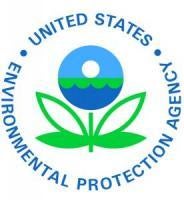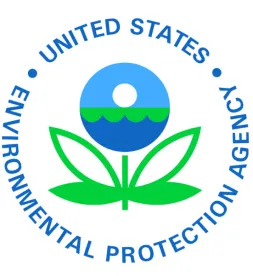Agency requests public comment on additional information and proposes carbon goals for areas in Indian Country and U.S. Territories
WASHINGTON – As part of the U.S. Environmental Protection Agency’s extensive outreach since issuing the proposed Clean Power Plan, EPA is making additional information and ideas available for public comment in a notice of data availability (NODA). At the same time, EPA is following through on its commitment made in June to propose goals to reduce carbon pollution in areas of Indian Country and U.S. Territories where fossil-fuel power plants are located.
EPA has engaged in unprecedented outreach to a broad range of stakeholders since proposing the Clean Power Plan, including states, utilities, industry, public health and environmental groups, labor, and community groups. During the many meetings, conference calls, and the nearly 1.5 million public comments the agency has received so far, stakeholders have identified a wide range of ideas and information.
In issuing today’s NODA, EPA is seeking to ensure that all interested parties are aware of the issues and ideas that have been consistently raised by a diverse group of stakeholders, so that everyone has the opportunity to consider them as they formulate their comments, which are due on Dec. 1, 2014. Notices of data availability are commonly used to present additional information for the public to consider. They do not change a proposal, nor are they a complete summary of the wide variety of ideas that have been raised. They allow EPA to continue seeking ideas and comments on these and many other issues as the agency works toward a final rule that is flexible and empowers states to chart their own, customized path to meet goals for reducing harmful carbon pollution.
In a separate but related action, EPA is proposing goals for areas of Indian Country and U.S. Territories where fossil-fuel fired power plants are located to reduce their carbon pollution by 2030. Proposed goals for these areas were not included in the June 2014 proposed Clean Power Plan. The supplemental proposal relies on the approach used in the June 2014 Clean Power Plan and is based on new information and data provided through additional outreach to covered facilities and tribal and territorial governments. The proposal outlines a diverse range of options that tribes and territories could use to meet their goals. EPA will hold a public hearing on the supplemental proposal on Nov. 19, 2014 in Phoenix, Ariz. and will accept comment through Dec. 19, 2014.
Today’s actions are part of the common-sense steps laid out in President Obama’s Climate Action Plan and the June 2013 Presidential Memorandum. Power plants account for roughly one-third of all domestic greenhouse gas emissions in the United States. While there are limits in place for arsenic, mercury, sulfur dioxide, nitrogen oxides, and particle pollution emissions, there are currently no national limits on carbon pollution from power plants.
In 2009, EPA determined that greenhouse gas pollution threatens Americans' health and welfare by leading to long-lasting changes in our climate that can have a range of negative effects on human health and the environment. Taking steady, responsible steps to cut carbon pollution from existing power plants will protect public health, continue the United States’ international environmental leadership, and move the nation toward a cleaner, more stable environment for future generations, while supplying the reliable, affordable power needed for economic growth.




 />i
/>i

